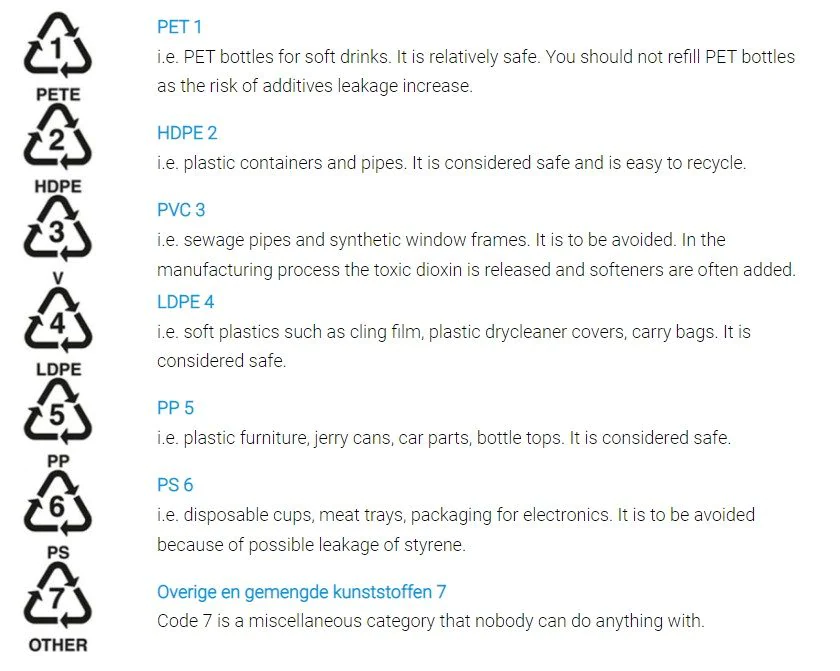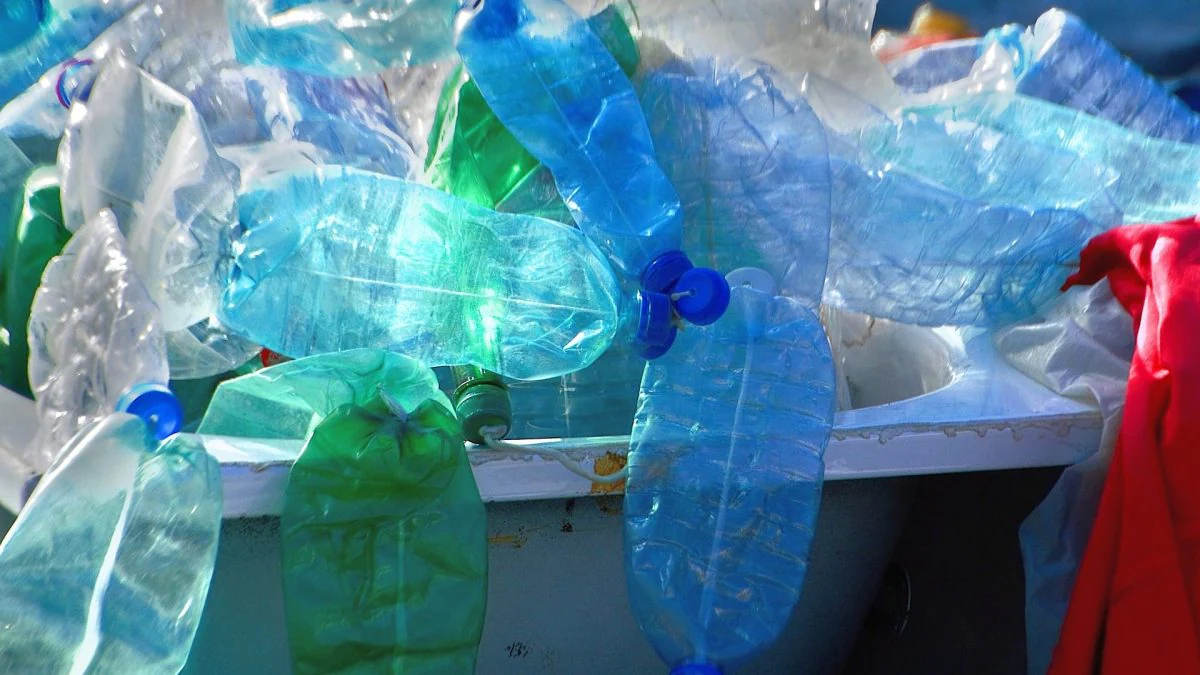Not all plastic is recyclable - pay attention to this code on the packaging
Recycling plastic is a gesture of civility and a duty towards the environment, but not all of it is as recyclable as it would seem. Here are the codes to recognize it.
L'plastic pollution is considered a real one global emergency, so serious that, according to some estimates, by 2050 there will be more plastic waste than fish in the world's seas and oceans. It is no coincidence that every year we pour in beyond 8 million tons of plastic 570 thousand of which end up alone in the Mediterranean, the equivalent of 34,000 bottles of water per minute.
It is an environmental and ecological disaster that can be fought by using fewer products of this material - fortunately the European Union is moving in the right direction - and by recycling the plastic used. However virtuous, however, the process of recycling does not always bear fruit; according to data from the international organization Plastic Soup Foundation, in fact, up to now we have only recycled 9 percent of all the plastic produced since the 1950s.
To complicate the management of plastic waste there are also identification codes introduced by the Society of the Plastics Industry (SPI) in 1988, which while being valuable for understanding what type of plastic you are dealing with, do not have a significant impact on recycling management. Indeed, it may even happen to read "recyclable plastic" In containers marked with code 7 (o 0 o 07), which actually indicates a mixed category of plastic materials that cannot be recycled - or is very difficult - and therefore should end up in the undifferentiated.
The SPI codes also used in the European Union (based on Commission decision 97/129 / EC of 28 January 1997) identify six types of main plastics and a seventh non-recyclable group. The symbol of the codes is characterized by the three arrows chasing each other (forming a triangle) and one as an identification code.
Il code 01 PET (or PETE) refers to the polyethylene terephthalate, used in beverage bottles, food containers, polyester fibers, and more; the Codice 02 PEHD o HDP refers to high-density polyethylene (the "hard" plastic), such as that for bags, caps, supplement containers, milk bottles, trash cans and more; the code 03 PVC and the polyvinyl chloride used for chemical containers, plumbing pipes, fixtures, and other resistant products; the Codice 04 PELD o LDPE is for low-density polyethylene, used in bags, buckets, flexible bottles, wrapping films and the like.
Code 05 PP refers to the polypropylene used in car interiors, containers used in microwave ovens, glasses, various industrial fibers, plastic furniture, and more; code 06 PS and the polystyrene used in packaging, toys, cases, etc etc.

Credit: Plastic Soup Foundation
All products with these codes are recyclable and therefore go to recycling, while code 7, as indicated, embraces a group of plastic materials that cannot be recycled. Among them are the styrene-acrylonitrile (SAN), polycarbonate (CP), polyamide (PA), bioplastic acrylic/polyacrylonitrile plastic (PAN), the copolymer acrylonitrile-butadiene-styrene (ABS) and others.
All plastic products bearing this code, such as some containers for detergents and the like, should be disposed of in the unsorted waste bin. The absurdity is that sometimes on the packaging it is wrongly indicated as "recyclable plastic", but this is not the case. As specified by the Plastic Soup Foundation, code 7 is a mixed category "with which no one can do anything".
The organization also points out that the rules governing plastic recycling symbols "are inadequate", not only because the codes can be difficult to read and find (just think of transparent plastic), but also because these codes say nothing about "hardness, form o consistency" Of plastic. It should also be borne in mind that not all plastics have the same recycling rate. If we add to this also the contradiction linked to code 07, it is clear that to combat the emergency from plastic waste it would be necessary to update the regulations related to recycling.



